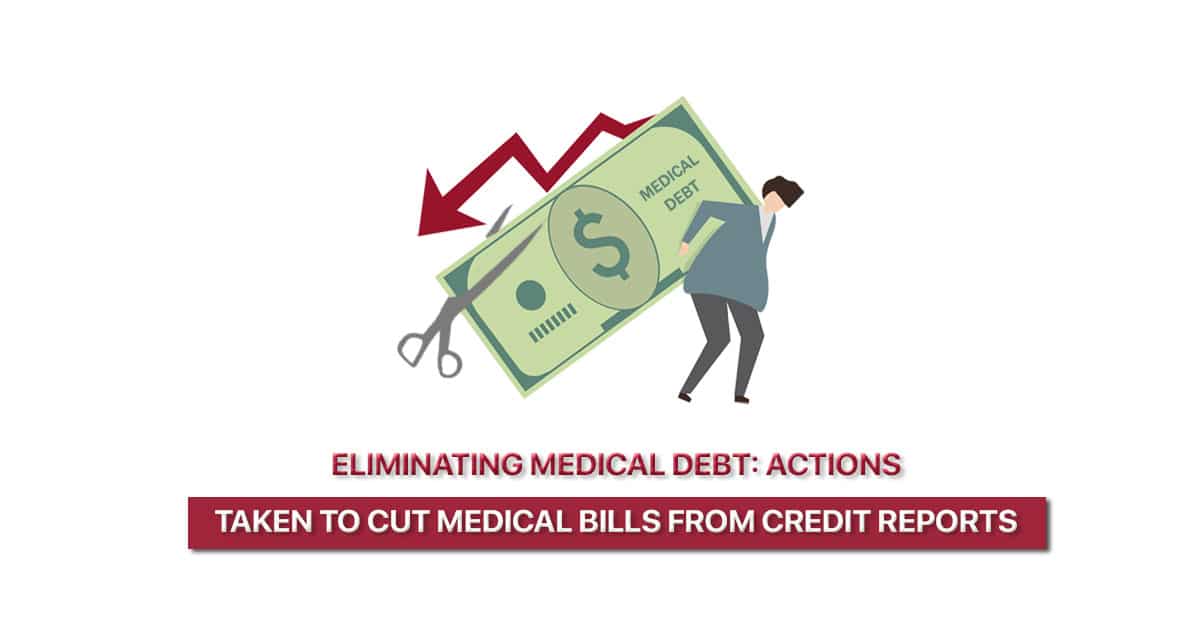On Thursday, the Biden administration revealed its intention to eliminate medical debt entries from Americans’ credit reports, aiming to put an end to what it views as coercive debt collection strategies affecting a wide swath of consumers. The proposed measures are designed to extend a financial lifeline to families grappling with medical crises, curbing the practice of debt collectors pressuring individuals to settle bills they may not legitimately owe. Additionally, the plan seeks to ensure that creditors rely on accurate data, free from the inaccuracies and errors that often plague credit reporting.
The Vice President, who also serves as the leading consumer finance watchdog, conveyed that over 100 million Americans are currently burdened with unpaid medical debt. They underscored that many of these debts arise from unforeseen medical emergencies, emphasizing how credit scores are instrumental in determining a person’s economic well-being and their capacity to build wealth.
The Consumer Financial Protection Bureau (CFPB) disclosed that approximately 20% of Americans carry medical debt. However, the CFPB cautioned against using medical billing data as a reliable indicator of a consumer’s likelihood to repay traditional debts. Research from the Brookings Institution revealed significant disparities in medical debt distribution, with a majority of this debt held by households with zero or negative net worth. This disparity disproportionately affects communities of color. For instance, 27% of Black households bear medical debt compared to 16.8% of non-Black households.
The CFPB pointed out that the Fair Credit Reporting Act imposes restrictions on the use of medical information in credit decisions and reports. In a separate announcement on Thursday, the agency outlined policy proposals that could pave the way for new regulations in this area.

